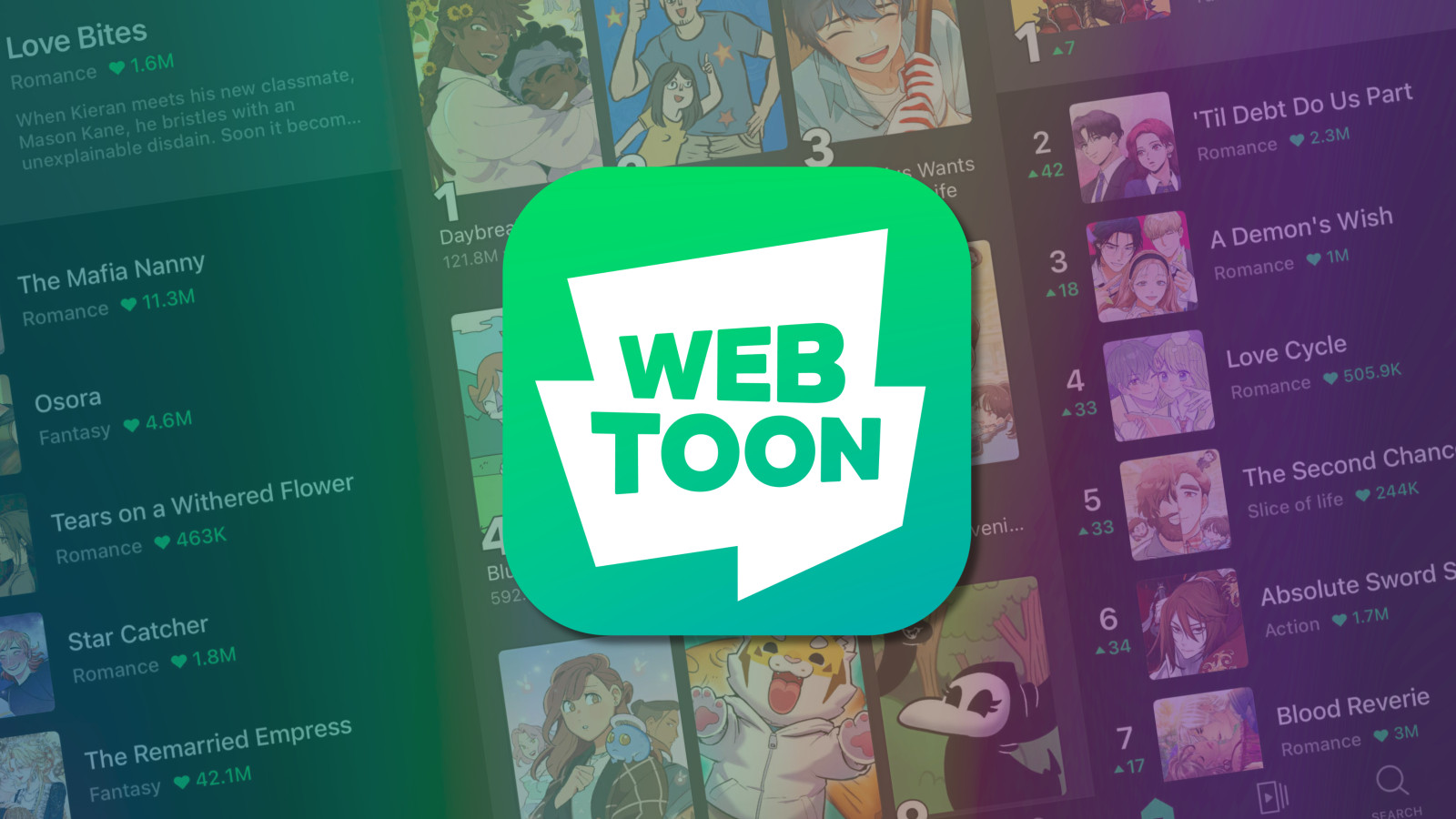Why WEBTOON’s short-form video drive is a lesson in format flexibility

Photo: WEBTOON

In June 2025, MIDiA made a call that WEBTOON, the vertical scrolling digital comic app, could pose a greater challenge to anime’s leading subscription streaming service, Crunchyroll. The conclusion was made based on the potential for WEBTOON to deliver a more compelling in-app offer around video.
Aside from providing a platform for creators to publish and monetise webcomics, WEBTOON also runs an in-house production company that has transformed many of its IPs into TV shows. More than half of Netflix’s Korean originals in 2023 were adapted from its webcomics. By marrying its webcomics with on-platform TV show content, WEBTOON could bolster its cross-entertainment strategy, pursue greater in-app engagement time, and open the doors to alternative forms of monetisation beyond purchasing coins to unlock episodes. MIDiA considers this as an opportunity to deepen the relationship between these two divisions.
WEBTOON’s short-form video drive
On Monday (August 18, 2025) WEBTOON announced a bolder step into video. While it did not go as far as MIDiA suggested, the strategy still added a new layer of diversification that has the potential deliver some of the above benefits. What WEBTOON revealed was on-platform video episodes for its leading webcomic IPs.
However, this short-form video feature is not akin to a TV show or an anime. Instead, these bite-sized segments occupy a middle ground between a webcomic and a fully-fledged animation. Delivered in five-minute episodes these videos use dynamic motion, sound effects, music, and voice acting to elevate WEBTOON’s digital comic into a more dynamic and visually immersive experience. So far, WEBTOON has rolled out the feature to 20 of its English titles, such as The Mafia Nanny, Red Spine,and Star Catcher. Each of these now comes with 20 video episodes.
Featured Report
India market focus A fandom and AI-forward online population
Online Indian consumers are expected to be early movers. They are high entertainment consumers, AI enthusiasts, and high spenders – especially on fandom. This report explores a population that is an early adopter, format-agnostic, mobile-first audience, with huge growth potential.
Find out more…What WEBTOON is adding here is format flexibility, a tactic that is becoming increasingly important within today’s attention economy. This two-pronged approach to webcomic consumption widens the funnel to a userbase who might be interested in the stories but would rather watch than read them. In addition, it adds a lean-back option to consumption that users can switch between. In the same way streaming TV subscribers sometimes opt for a curated linear TV or FAST channel rather than choose a show on Netflix, this option lets WEBTOON users flex between these formats based on how they feel like consuming. Some days they want to concentrated experience via reading, on other days they might just let the videos flow.
Defining success
So, what does success look like? The two obvious answers are increased in-app engagement – users consuming content on WEBTOON for longer – and the addition of a new userbase that is video first and webcomic second. However, this feature should also be about providing a more compelling offer to advertisers. With the addition of short-form video, WEBTOON can provide a more seamless experience for those advertisers looking to buy video ad inventory. This could help platform to better compete for marketing spend aimed at Gen Z audiences on social video platforms such as TikTok, Instagram, or YouTube Shorts.
The overarching question is whether this feature represent a definitive full-stop on WEBTOON’s video strategy, or a staging post towards something more daring. Such videos could act as an education process that get users in the habit of consuming content in a variety of ways within the app. This could then help smoothen the transition towards introducing premium TV show style content in the future. One of the big takeaways from the modern entertainment industry is that fandom and engagement can be cultivated in myriad ways. It is not just about the story; it is also about the format. While there will be fans of The Last of Us who will only ever know the game, there will also be those who only engage via the TV show. Then there will be those who went on to play the game because of the HBO adaptation. Most importantly, there will be those fans and superfans who will format hop to stay engaged with the IPs they love wherever the story is being told. Think Cyberpunk 2077, the game; Cyberpunk: Edgerunners, the anime; and Cyberpunk 2077’s multiple comic and webcomic adaptions. Success in entertainment is no longer about how you tell one story to one part of the market but how you broaden the offer to reach groups of fans on different formats in order to cross-pollinate audiences for a single IP.

The discussion around this post has not yet got started, be the first to add an opinion.